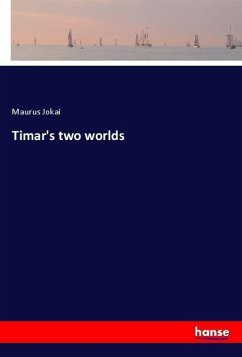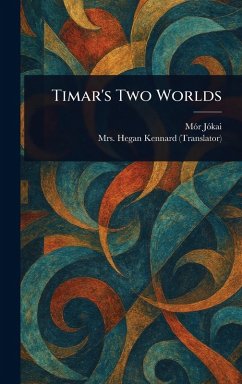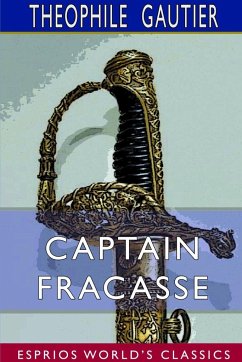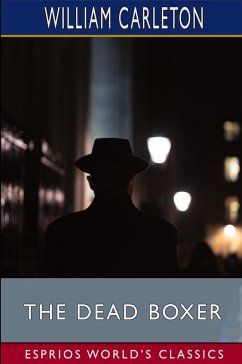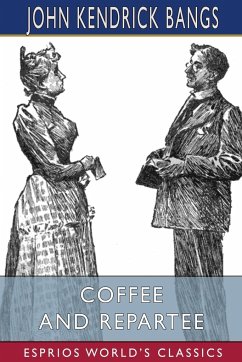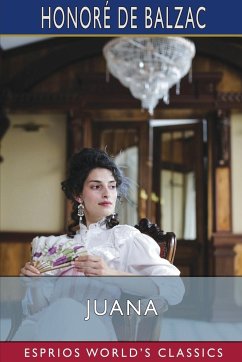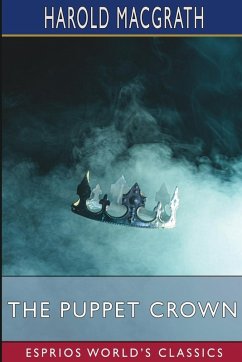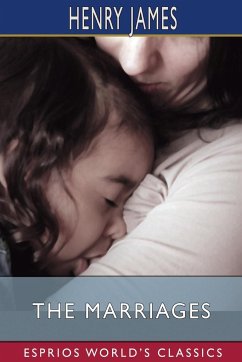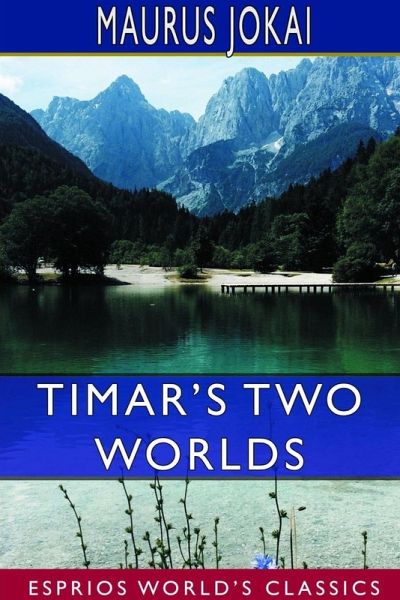
Timar's Two Worlds (Esprios Classics)
Versandkostenfrei!
Versandfertig in 1-2 Wochen
32,99 €
inkl. MwSt.
Weitere Ausgaben:

PAYBACK Punkte
16 °P sammeln!
Móric Jókay de Ásva known as Mór Jókai; (18 February 1825 - 5 May 1904), outside Hungary also known as Maurus Jokai or Mauritius Jókai, was a Hungarian novelist, dramatist and revolutionary. He was active participant and a leading personality in the outbreak of Hungarian Liberal Revolution of 1848 in Pest. Jókai's romantic novels became very popular among the elite of Victorian era England; he was often compared to Dickens in the 19th century British press. One of his most famous fans and admirers was Queen Victoria herself. Jókai was extremely prolific. He devoted most of his time to ...
Móric Jókay de Ásva known as Mór Jókai; (18 February 1825 - 5 May 1904), outside Hungary also known as Maurus Jokai or Mauritius Jókai, was a Hungarian novelist, dramatist and revolutionary. He was active participant and a leading personality in the outbreak of Hungarian Liberal Revolution of 1848 in Pest. Jókai's romantic novels became very popular among the elite of Victorian era England; he was often compared to Dickens in the 19th century British press. One of his most famous fans and admirers was Queen Victoria herself. Jókai was extremely prolific. He devoted most of his time to literature, and his productiveness after 1870 was stupendous, amounting to some hundreds of volumes.




